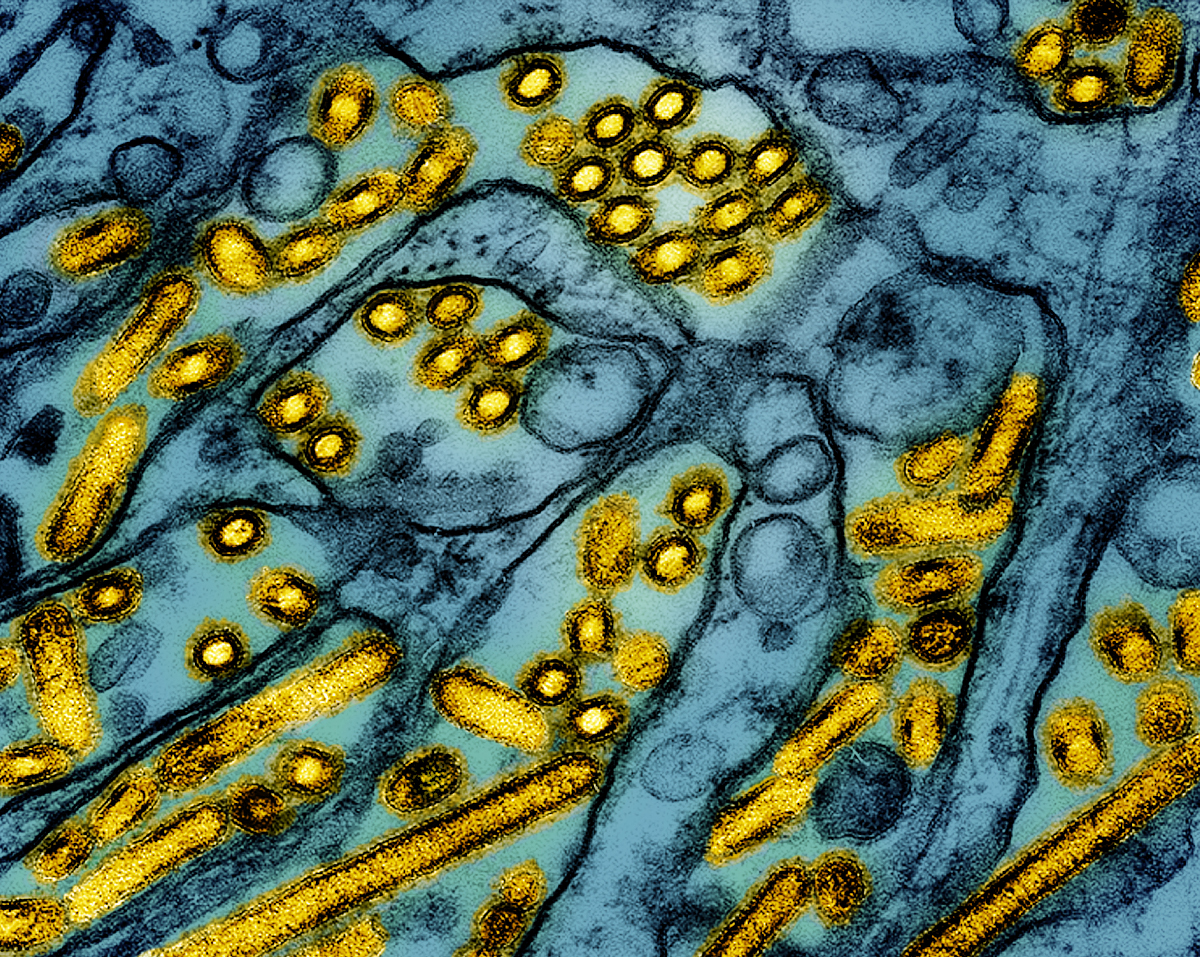The Canadian Food Inspection Agency (CFIA) says seven poultry farms in southwestern Ontario are under quarantine due to an avian flu outbreak.
These include four farms near Ingersoll, two in Strathroy and one in North Middlesex County. The first cases were detected on Dec. 14, 2024, and officials say the virus was transmitted to the area through migratory birds.
“The source is generally migratory birds, so it’s usually spread through direct contact with wild birds or indirectly through fecal matter or contaminated water, soil or feed,” said Grant Loney, incident commander for the Ontario Avian Influenza Response.
Comments closed

